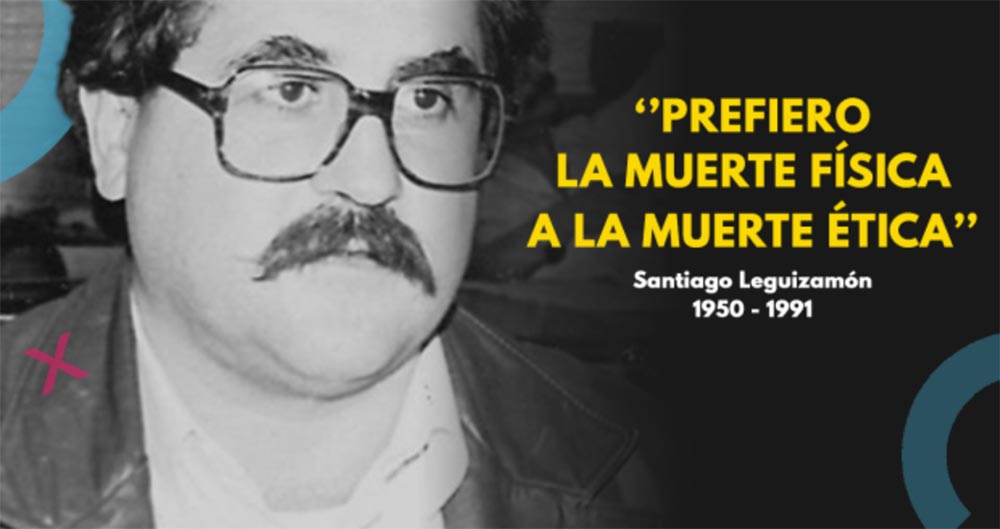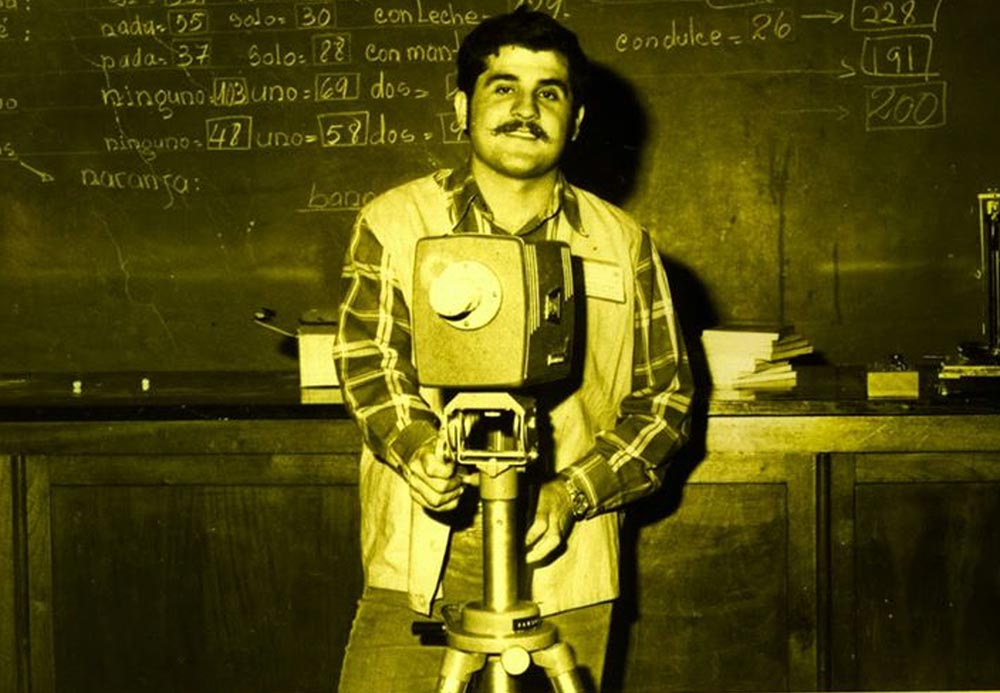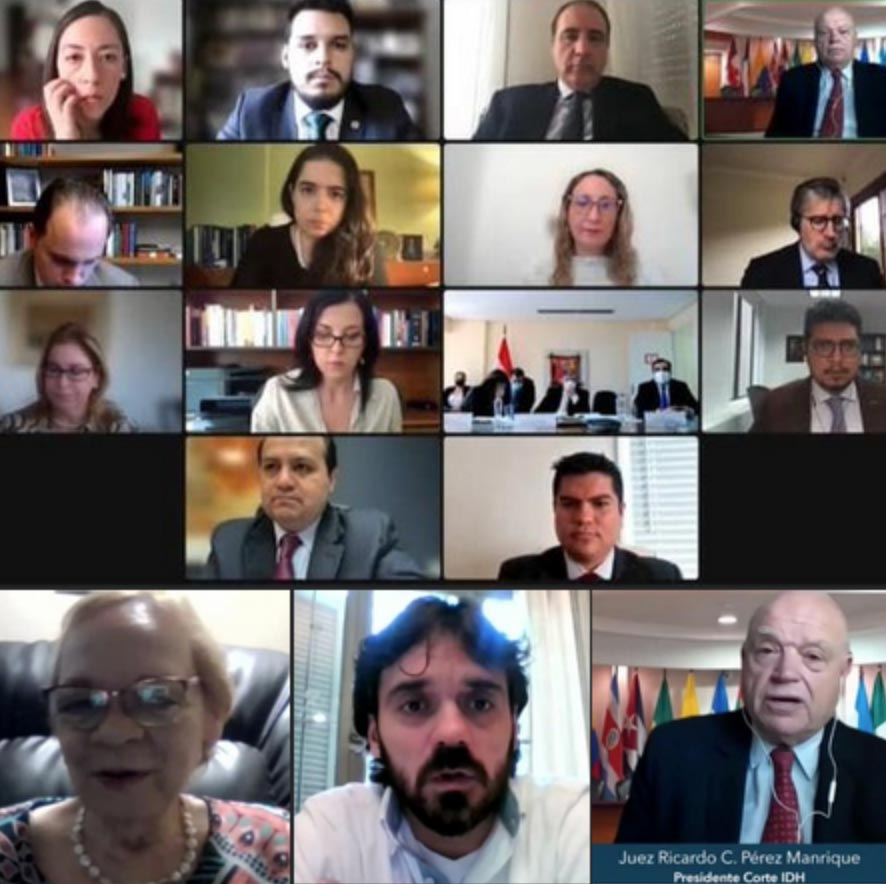by IHRC students Diann Jayakoddy, Alexis Hatcher, and Christopher Bittel, under the supervision of Professor Francisco Rivera
In Fall 2021 and Spring 2022, the International Human Rights Clinic at Santa Clara Law (“Clinic”) drafted an amicus curiae brief aimed at holding Paraguay accountable for the 1991 death of journalist Santiago Leguizamón, in the case of Leguizamón v. Paraguay, pending in front of the Inter-American Court of Human Rights (“Court”). The Clinic argued the following: (1) that Paraguay violated the human right to life recognized in Article 4 of the American Convention on Human Rights (“American Convention”) because the State knew of credible death threats against Mr. Leguizamón and failed to adopt appropriate measures to protect and preserve Leguizamón’s life; (2) that Paraguay violated the right to freedom of thought and expression under Article 13 of the American Convention by failing to protect Leguizamón and investigate and prosecute those who murdered him for his expressions as a journalist, and (3) that Paraguay violated the right to access to justice recognized under Articles 8 and 25 of the American Convention by failing to carry out a proper investigation into Leguizamón’s death and by failing to conduct a criminal process with due diligence and in a reasonable timeframe without undue delays. Just before the Clinic was about to submit its brief, the State of Paraguay acknowledged its international responsibility in this case, 31 years after the homicide of Leguizamón. Therefore, the Clinic’s arguments on the merits were moot and we did not submit the brief. Nevertheless, in this blog post we discuss this important case and the reasons why Paraguay is responsible for human rights violations against Leguizamón and his family.

Santiago Leguizamón “I prefer physical death over ethical death”. Photo source.
Santiago Leguizamón was a well-known journalist in Paraguay who had a radio program and often wrote articles denouncing organized crime, drug trafficking, the interactions between the government and big business interests, environmental harms, and injustices against indigenous peoples in the border between Paraguay and Brazil. Beginning in 1991, Leguizamon published a series of articles denouncing the alleged triangulation between a Brazilian family and the Chamber of Paraguay Soybean to evade taxes. Due to his remarks about the problems in the area, his life was threatened and he repeatedly requested protection from Paraguayan officials. However, he was not offered any police protection until the day before his death, which he declined because of his increased distrust in the government to fully protect him. On April 26, 1991, after addressing a restaurant to celebrate Journalist’s Day, Leguizamón was shot at and assassinated with weapons of different caliber, resulting in 21 bullet wounds.
The Clinic’s brief supported the arguments of the petitioner, the Leguizamón family, and asserted that Paraguay was aware of the threats made to the journalist, who publicly denounced them on his radio broadcast, yet Paraguay did not implement protective measures to ensure Leguizamón’s life was unharmed until it was too late. The brief highlighted the particular vulnerability of journalists who report on corruptive practices, especially when these practices are connected to high profile citizens. The threats to Leguizamón’s life came after he published articles exposing corruption. The Clinic argued that Paraguay failed to investigate Leguizamón’s death and did not conduct proceedings with due diligence and within a reasonable time. Due to the lack of investigation and unreasonable delay, the alleged perpetrators escaped punishment, leaving Leguizamón and his family without any effective remedy or recourse.

Santiago Leguizamón in 1972. Photo source.
The Clinic’s brief urged the Court to find Paraguay internationally responsible for the human rights violations alleged by Leguizamón’s family. The American Convention of Human Rights provides the legal foundation for Paraguay’s violations. Article 4 ensures that every person has the right to life, which is essential for the enjoyment of all other rights. Article 13 protects one of these rights, stating that everyone has the right to freedom of thought and expression. More specifically, this right shall not be restricted by any abuse of government, private control over newsprint, or through any means tending to impede the communication and circulation of ideas and opinions. Articles 8 and 25 concern judicial guarantees and protection, establishing the right to fair trial and remedy. As mentioned above, the Clinic argued that Paraguay is internationally responsible for the violation of these rights.
In Spring 2022, 31 years after Leguizamón’s homicide, during the proceeding of the case pending before the Inter-American Court of Human Rights, the State of Paraguay accepted its international responsibility in this case. Therefore, all claims regarding the merits of the case, including the ones in our amicus curiae brief, became moot.
Nevertheless, the Court will still issue a judgment in this case, and the Clinic hopes the Court will highlight the special role journalists play in a democratic society and how journalists deserve a special level of protection to promote the free exchange of information regarding allegations of corruption and other matters of public interest.

Hearing before the Inter-American Court of Human Rights in the Leguizamón case. Photo source.